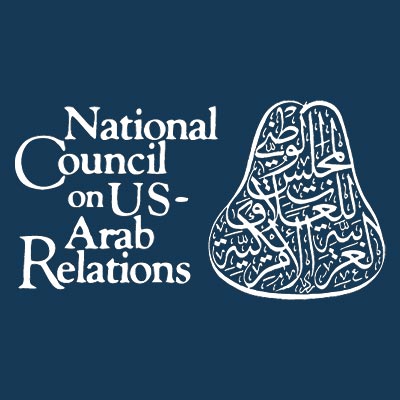 Kingdom regrets global inaction on Israeli violations
Kingdom regrets global inaction on Israeli violations
Source: Arab News (Read full story)
Saudi Arabia has stressed that the resolution of the Palestinian issue is key to achieving regional and world peace, particularly under the current circumstances in the Middle East. “Israel has been reacting to the United Nations decision to grant Palestine a nonmember observer state status by approving the settlement expansion of thousands of new residential units. At the same time, the occupying authority has intensified its persecution of the Palestinian people. Moreover, it has denied the Palestinian Authority its tax and customs revenue in clear violation of the Paris Protocol,” said Abdullah Al-Muallami, the Kingdom’s permanent representative at the United Nations, while addressing the Security Council in New York on Wednesday.
…
UN pays Kuwait $1.3bn Iraq war compensation
The United Nations said it paid out about $1.3 billion in compensation to Kuwait yesterday over Iraq’s invasion of the state in 1990. The Geneva-based UN Compensation Commission said the payments related to damage to Kuwait’s oil wells, pipelines and equipment during the seven-month occupation by Iraqi forces and subsequent losses to production and sales. It said it has now paid out a total of $40.1 billion to over 100 governments and international organisations in reparations for the invasion, with about $12.3 billion still to be paid. Payments to meet Kuwait’s claims are funded by a percentage of the proceeds of Iraqi oil sales, currently at five percent.
…
World-wide support continues to flow in for Bahrain’s call for multilateral talks to end political stalemate.
Source: Gulf Daily News (Read full story)
…
The UN chief commended the affirmative response of political societies and other associations. Earlier in the day, German Ambassador Sabine Taufmann said the decision would create an “environment of trust” to reach national reconciliation. “We encourage all relevant actors to accept this invitation and to swiftly and inclusively engage in such a process in order to resolve the political conflict in Bahrain.” Britain’s Foreign Office Minister for the Middle East and North Africa Alistair Burt earlier said: “I welcome the announcement by the government of Bahrain that the Justice Minister will be meeting all political societies in Bahrain to resume National Dialogue.
…
GCC to grow 3.6% in 2013 as oil output tends to fall
Source: Khaleej Times (Read full story)
…
But there are risks to this forecast, the report said. “A major global economic downturn could see global oil market fundamentals loosen by more than expected in 2013, pushing oil prices below $100 per barrel for a prolonged period. This would put government fiscal balances under pressure and cause cuts in spending or delays in project execution, weakening economic growth.” However, despite this dismal scenario, on the ground, business conditions are expected to remain solid as governments maintain elevated levels of investment and social spending, which will ultimately support confidence and private sector activity, the bank said.
…
UN team in Yemen for weekend talks
Source: Saudi Gazette (Read full story)
…
The visit comes as Yemen’s government is struggling to organize a national dialogue conference on a new constitution and an electoral law as per a UN-brokered power transition deal which saw Saleh step down after three decades in power.The conference, originally scheduled for mid-November, has been repeatedly delayed because some factions of the Southern Movement, which has campaigned for autonomy or secession for the formerly independent south, have refused to join the talks. After North and South Yemen unified, the south broke away in 1994, sparking a short-lived civil war that ended with the region being overrun by northern troops.
…
Warning of strait closure if US chooses ‘war’
Source: Gulf Today (Read full story)
The United States has nothing left to pressure Tehran over its nuclear programme except for war, and if it chooses conflict Iran could close a key energy chokepoint, its envoy to Baghdad said on Thursday. Ambassador Hassan Danaie-Far insisted in an interview that Tehran retained the right to close the Strait of Hormuz, through which a third of the world’s traded oil passes, in response to any aggression, military or otherwise. “What else (US President Barack) Mr Obama can do?” Danaie-Far said through an Iranian embassy translator. “The only remaining card on the table is war. Is it to their benefit? Is it to the benefit of the world? Is it to the benefit of the region?”
…

